A new report from APPC and Penn's Center for Ethics and the Rule of Law addresses national security and the Arctic and the emerging climate crisis.
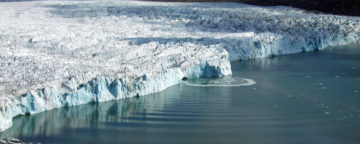

A new report from APPC and Penn's Center for Ethics and the Rule of Law addresses national security and the Arctic and the emerging climate crisis.
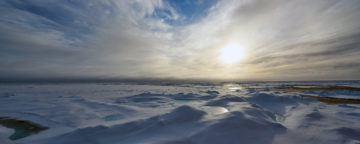
Penn's APPC and CERL presented a conference to discuss strategies to address challenges associated with Arctic climate change.
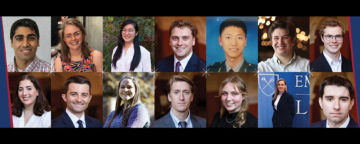
Election security and nuclear threat escalation were also among the challenges for CERL summer interns in the program for students interested in careers in national security.
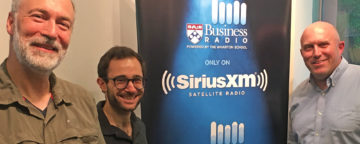
As a guest on Wharton's SiriusXM radio channel, APPC postdoctoral fellow Matt Motta (center) discussed findings on climate change beliefs that were published in Climatic Change.
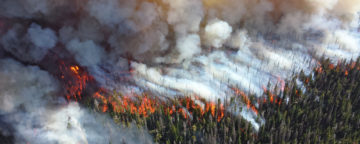
In a new study, APPC researchers found that the percentage of Americans who believe in human-cause climate change depends on what is asked and how.
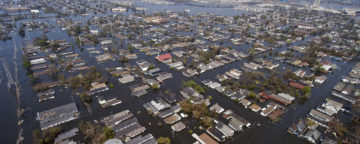
Experiencing extreme weather is not enough to convince climate change skeptics that humans are damaging the environment, according to a new study based on APPC research.
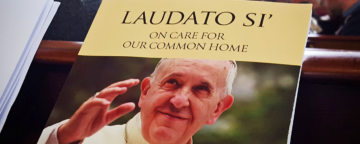
In a commentary in Nature Climate Change, two recent APPC postdocs say the encyclical stressed moral values that appeal to liberals but not the three values -- sanctity, authority and loyalty -- that resonate with conservatives.

A study of the Pope's encyclical on climate change conducted by researchers at the Annenberg Public Policy Center has been featured as a "research highlight" by the journal Nature Climate Change.